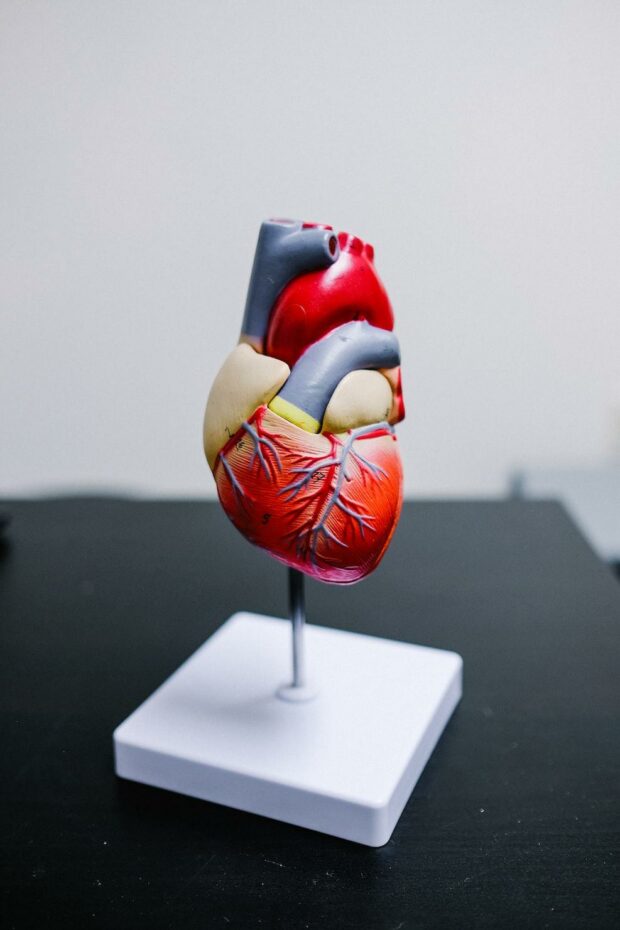How Low Testosterone Can Affect Your Health
Testosterone is a crucial hormone that plays a significant role in a man’s overall health and well-being. It’s commonly associated with masculine characteristics, but its influence extends far beyond just physical appearance. In this blog post, we’ll delve into the various ways low testosterone can affect your health, exploring its impact on energy levels, mood, cognitive function, and more. Let’s take a closer look at how this hormone influences your body and why maintaining optimal levels is essential.

Testosterone Levels and Reference Values
The normal range of testosterone levels in adult men typically falls between 300 to 1,000 nanograms per deciliter (ng/dL). However, these values can vary slightly depending on the lab and testing method used. It’s important to note that testosterone levels naturally decline as men age, with a gradual decrease beginning around the age of 30. Especially when men are over 50, testosterone levels may be lower than they were in their younger years. This decline is considered a normal part of the aging process, but when levels drop significantly below the reference range, it can lead to various health issues.
Energy and Vitality
One of the most noticeable effects of low testosterone is a decrease in energy levels and overall vitality. Testosterone plays a pivotal role in maintaining muscle mass and bone density, both of which contribute to physical strength and stamina. Men with low testosterone might experience fatigue, reduced endurance, and a general lack of motivation to engage in physical activities they once enjoyed. This decrease in energy can have a cascading effect on other aspects of life, impacting productivity, exercise routines, and even personal relationships.
Mood and Emotional Well-being
Beyond its physical effects, testosterone also has a significant impact on a man’s emotional well-being. Research has shown that low testosterone levels can contribute to mood swings, irritability, and an increased risk of depression. The hormone influences neurotransmitters in the brain that regulate mood, such as serotonin and dopamine. When these neurotransmitters are affected by hormonal imbalances, it can lead to changes in emotional state and overall mental health.
Cognitive Function
Cognitive function encompasses a wide range of mental processes, including memory, focus, and problem-solving. Testosterone receptors are present in various areas of the brain that are responsible for cognitive abilities. Therefore, it’s not surprising that low testosterone levels have been linked to cognitive decline. Some studies suggest that men with lower testosterone levels may experience difficulties with memory retention, verbal fluency, and spatial reasoning. While more research is needed to fully understand the relationship between testosterone and cognitive function, maintaining optimal hormone levels appears to be important for preserving cognitive abilities.

Sexual Health and Libido
Perhaps the most well-known association with testosterone is its role in sexual health and libido. While it’s true that testosterone contributes to a man’s sex drive, its influence on sexual function goes beyond just desire. Testosterone plays a crucial role in achieving and maintaining erections, as well as sperm production. Men with low testosterone levels may experience erectile dysfunction, reduced sperm count, and even infertility. Addressing hormonal imbalances can have a positive impact on sexual health and overall satisfaction in intimate relationships.
Cardiovascular Health
The intricate connection between testosterone and cardiovascular health underscores the hormone’s role as not just a contributor to physical strength and vitality, but also a vital factor in maintaining a healthy heart. Research has indicated that testosterone influences several key aspects of cardiovascular well-being, including blood pressure regulation, cholesterol metabolism, and overall cardiac function. Adequate levels of testosterone help promote the dilation of blood vessels, facilitating smooth blood flow and reducing the strain on the heart. This dilation supports optimal blood pressure levels, reducing the risk of hypertension and its potential consequences, such as heart attacks and strokes.
Furthermore, testosterone plays a pivotal role in regulating lipid metabolism, particularly in managing levels of “good” high-density lipoprotein (HDL) cholesterol and “bad” low-density lipoprotein (LDL) cholesterol. Maintaining a balanced lipid profile is essential for preventing the accumulation of plaque in arteries, which can lead to atherosclerosis, a condition characterized by narrowed and hardened arteries. By helping to keep cholesterol levels in check, testosterone indirectly contributes to the prevention of arterial plaque buildup and the preservation of healthy blood vessels.
Testosterone is a multifaceted hormone that influences various aspects of a man’s health and well-being. From energy levels and mood to cognitive function and sexual health, its effects are far-reaching and interconnected. As men age, it’s natural for testosterone levels to decline. However, when levels drop significantly below the reference range, it can lead to a range of health issues that affect both physical and emotional aspects of life. If you suspect you may have low testosterone, it’s important to consult with a healthcare professional who can provide guidance and personalized treatment options to help you maintain optimal hormone levels and overall well-being. Remember, prioritizing your health and seeking appropriate care can lead to a happier, healthier, and more fulfilling life.
